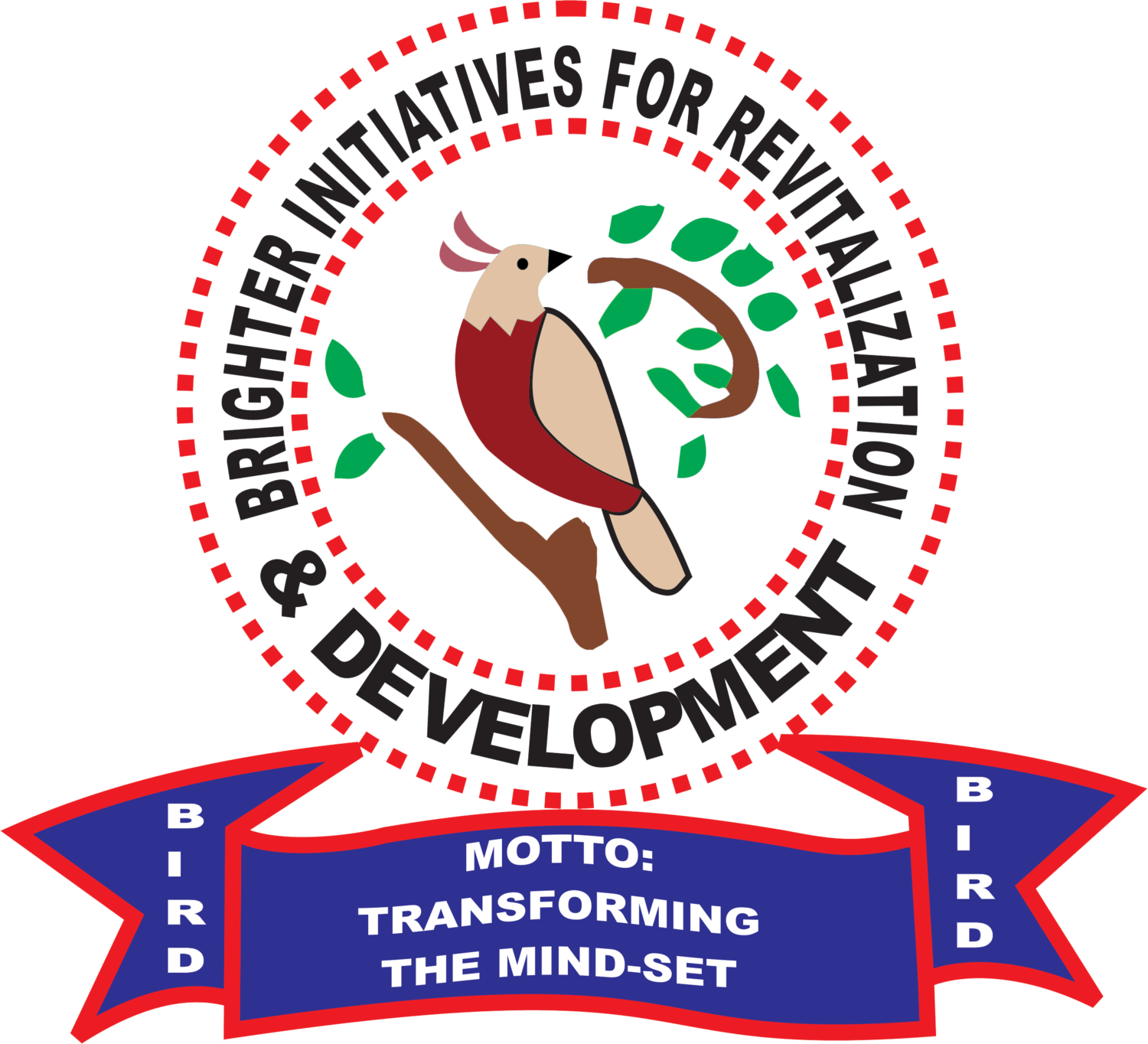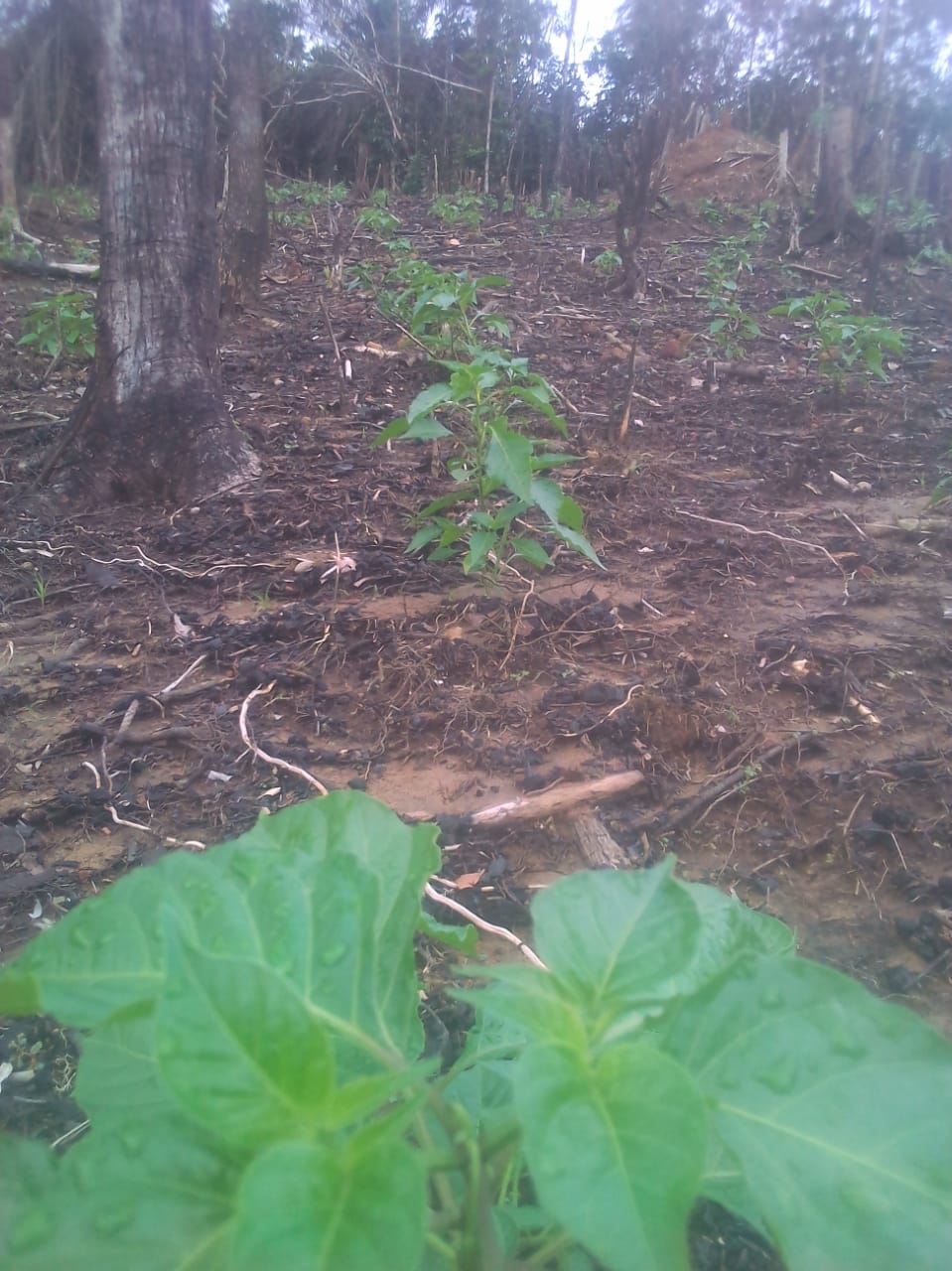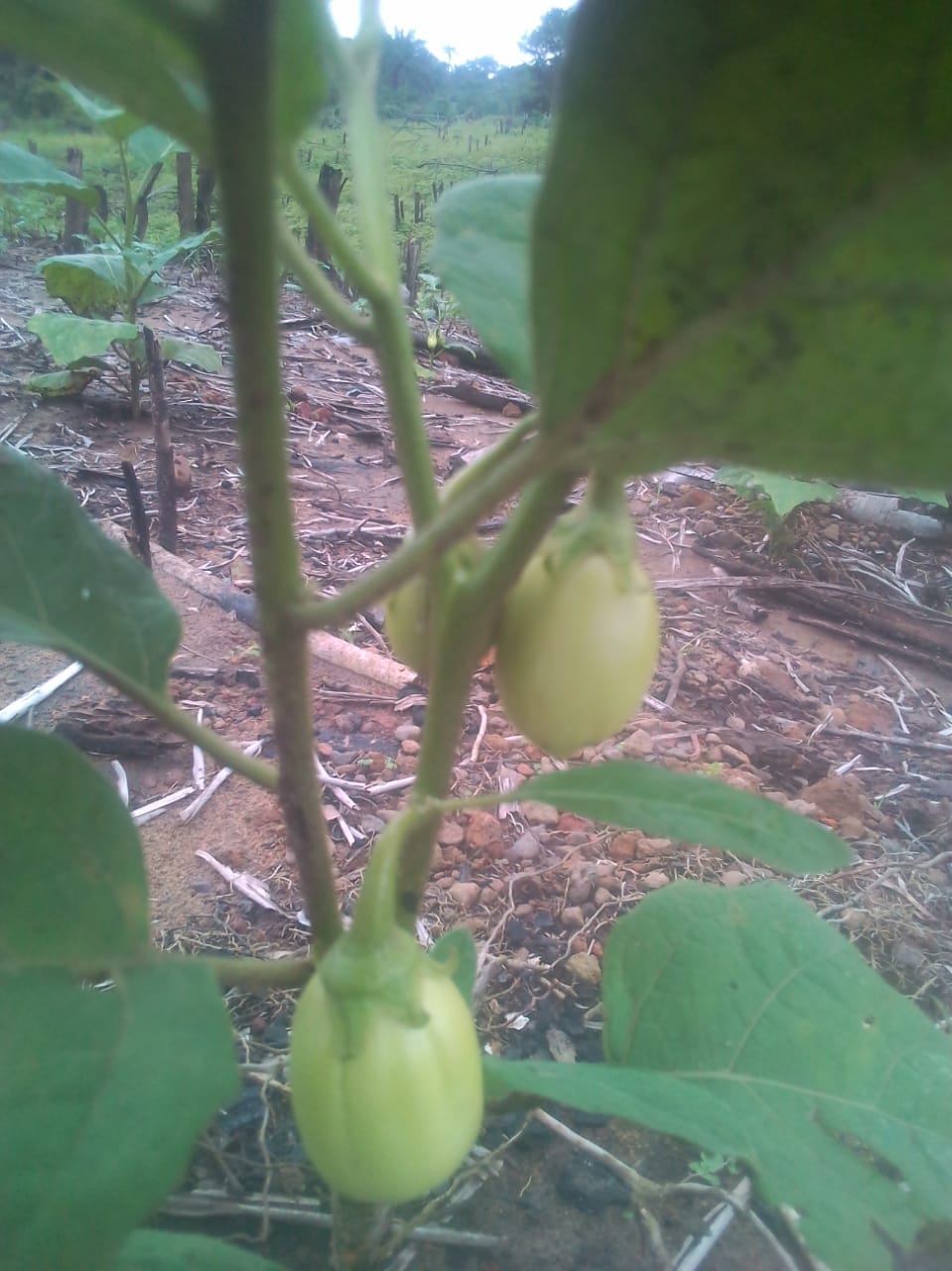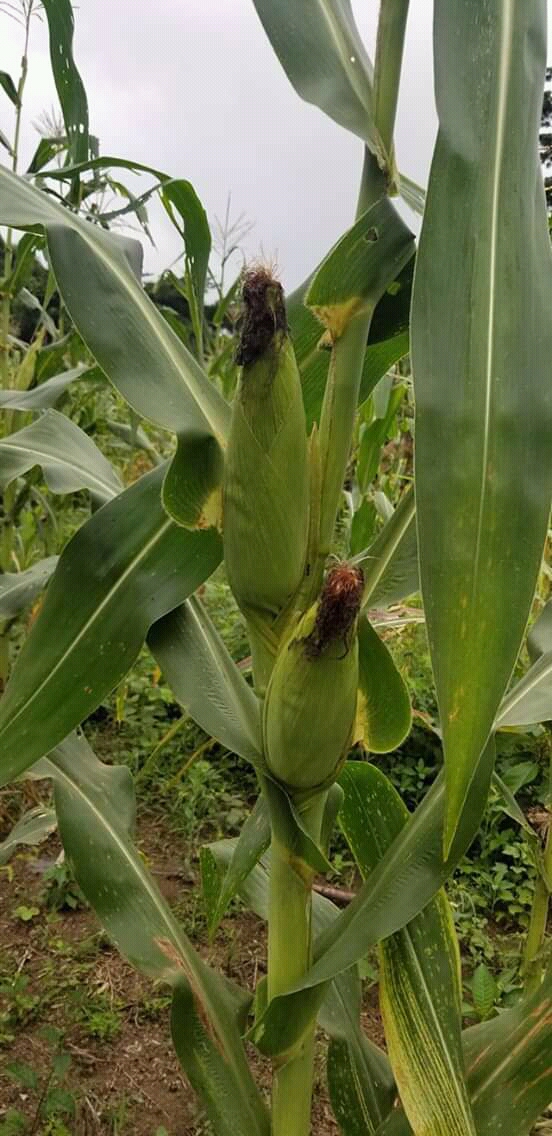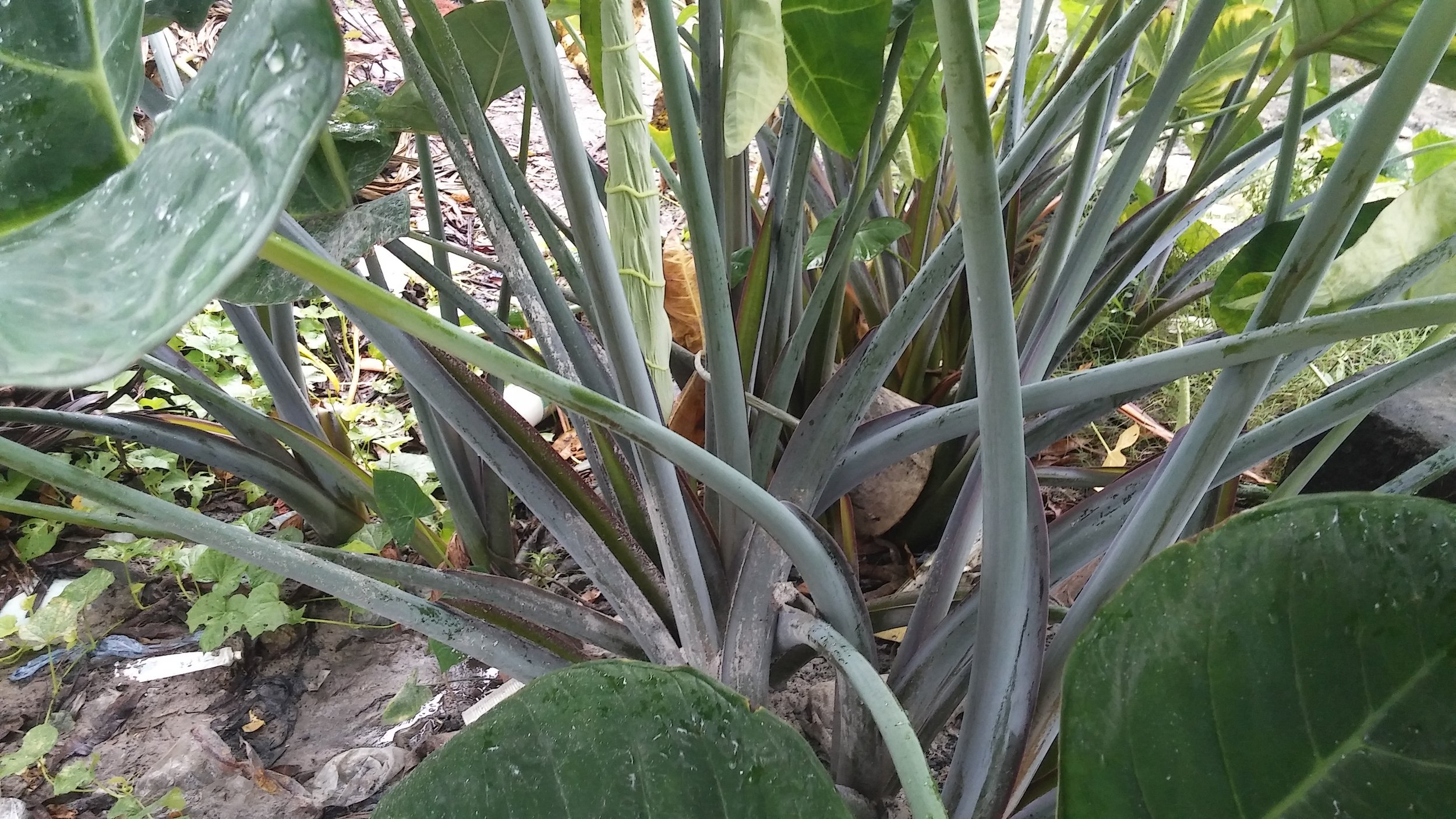AGRICULTURE (AGROFORESTRY ACTIVITIES)
ACCOMPLISHMENTS
1.
BIRD-Liberia has established Cooperative Group of farmers to enable them acquires periodic training on crops production and this aid has resulted cassava, Corn and others crops production.
2.
We have also secured 20 acres of farmland in Lower Montserrado County and 25 acres as well in Bong County for agriculture purposes in insuring that Liberia becomes Food Secure and the optimal contribution to deforestation of Africa climate Change.
3.
We have created awareness and day to day monitoring of indigenous people in ensuring that commercial hunting is curtailed in Lofa County.
BACKGROUND
The world is facing unprecedented global obstacles that affect the sustainability of food and agriculture systems on livelihoods of smallholders and family farmers worldwide. These problems include resource depletion and the adverse impacts of environmental degradation, such as desertification, drought, land degradation, water scarcity, pollution and loss of biodiversity, climate change and an ever-increasing world population. Collectively, these challenges pose serious threats to food security; Liberia is no exception.
As the world population increases, the need for more productive and sustainable use of the land becomes more urgent.
In Liberia, food insecurity and malnutrition are primarily caused by poor access to health, water and sanitation services, inadequate care of mothers, infants and young children, and limited availability and access to food resulting from low agricultural productivity, poor road infrastructure and limited income generating opportunities, PRS-I. Low agricultural productivity is due in part to the majority (53 percent) of rural farms being small, ranging in size from 1 to 4.9 acres. Also, most of Liberia’s farmers have limited access to capital for investment, production and income.
So what lies behind this food scarcity? Liberia’s subsistence farming makes it hard for Liberians to compete on the market with cheaper food imports, and agriculture has suffered as a result of the 2014 Ebola outbreak and prolonged civil crises.
Agriculture development in Liberia is key to nation building and infrastructure development. And research shows, despite a high degree of involvement by the local population in agriculture, the sector’s productivity remains low: little technology and poor pest management, combined with the extremely limited use of fertilizer and other modern cultivation methods, are some of the factors responsible for this. Other factors include the lack of good quality farm inputs, high pre- and post-harvest losses, and the lack of incentives to produce food beyond subsistence level. Therefore, the need to invest in the Agriculture to support livelihood in poor communities is a need.
Over the years, BIRD-Liberia engaged in agricultural activities to transform lives across the country. This initiative was self-funded and was not realized fully due to lack of funding. There is a huge gab that needs to be address in Liberia when talking about agriculture. Through our effort, we were able to organize a cooperative in Arthington, lower Montserrado County to promote agricultural activity that support communal farming among farmers in Arthington city, where we have been given 20 acres of land for agricultural purposes. We are therefore looking for partners to engage in agricultural activities as it’s the easiest way to supporting livelihood across Liberia.
The general agricultural objective is to revitalize the food and agricultural sector to contribute to shared, inclusive, and sustainable economic growth and development; provide food security and nutrition; increase employment and income; and measurably reduce poverty; especially for vulnerable groups such as pregnant and disable women and children under five years of age. We are of the strongest conviction that with the necessary support from partners we can achieve our objective.
Lastly, to conserve Liberia’s biodiversity and maintain resource benefits for local communities, BIRD-Liberia with support from partners will engage in awareness on hunting wildlife and other unsound practices that seek to undermine conservation in the forestry sector. And encourage local communities to sustainably manage their forest by creating transferring control and building their capacity for forest management.
